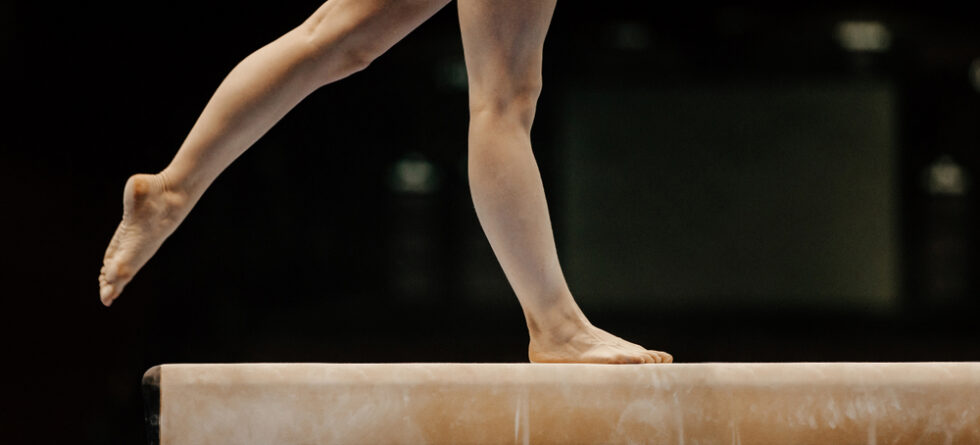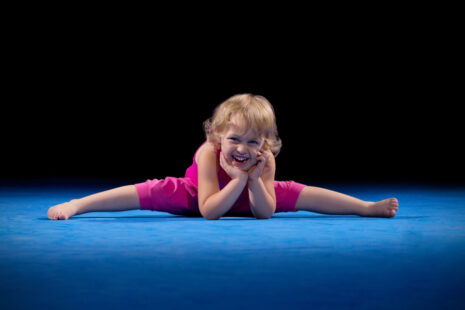The question of the ideal age to start gymnastics often arises among parents, aspiring gymnasts, and coaches. While gymnastics is a sport that demands high levels of flexibility, strength, and coordination, the optimal starting age can depend on various factors, including the goals of the gymnast (recreational vs. competitive) and individual physical and mental readiness.
Here’s how starting age can influence one’s journey in gymnastics
Starting Gymnastics at a Young Age (Under 6)
- Benefits – Starting gymnastics at a young age can build a solid foundation of basic skills, flexibility, and coordination. Young children often learn quickly and adapt well to the physical demands of the sport.
- Considerations – It’s crucial to ensure that training programs for young children are focused on fun, developing general motor skills, and preventing overuse injuries. The emphasis should be on creating a positive and encouraging environment.
Starting Gymnastics as an Older Child or Teen (7-12)
- Benefits – Older children and teens may have better attention spans and the ability to handle structured training and coaching. Starting at this age can still provide ample time to develop advanced skills and compete at higher levels, especially with dedication and intensive training.
- Considerations – There might be a steeper learning curve for mastering flexibility and some foundational skills. With effective coaching, progress can still be significant and fulfilling.
Starting Gymnastics as a Teen or Adult (13+)
- Benefits – Teens and adults have the advantage of greater maturity, which can aid in understanding technique and strategy. Starting gymnastics at this age can be highly beneficial for fitness, strength, flexibility, and enjoyment.
- Considerations – While reaching elite competitive levels may be more challenging, many find rewarding experiences in recreational gymnastics, coaching, choreography, or judging. The focus should be on personal goals, injury prevention, and enjoying the sport.
Factors Influencing Success in Gymnastics
- Physical Readiness – Individual physical development and readiness can impact how quickly a gymnast progresses, regardless of age.
- Mental Maturity – Understanding and handling the psychological aspects of training and competition are crucial for success in gymnastics.
- Quality of Coaching – Effective coaching is vital for developing skills, preventing injuries, and nurturing a love for the sport.
- Commitment and Passion – Dedication to training, resilience in the face of challenges, and passion for gymnastics play significant roles in a gymnast’s success.
While starting gymnastics at a younger age can provide certain advantages, especially for those aiming for elite competitive levels, gymnasts who begin at older ages can also achieve considerable success and fulfillment in the sport. The key factors include the quality of coaching, the gymnast’s dedication and passion, and a focus on personal goals and enjoyment. Gymnastics offers valuable benefits at any age, from physical fitness and discipline to the joy of movement and self-expression.




